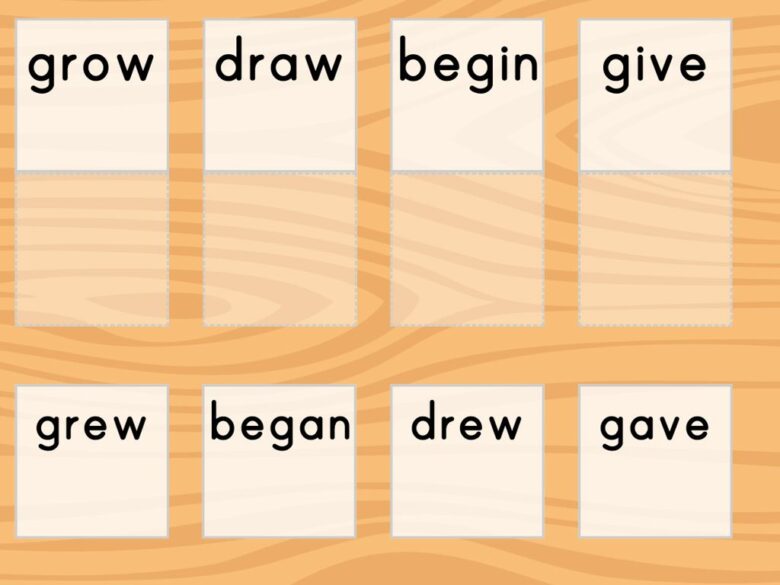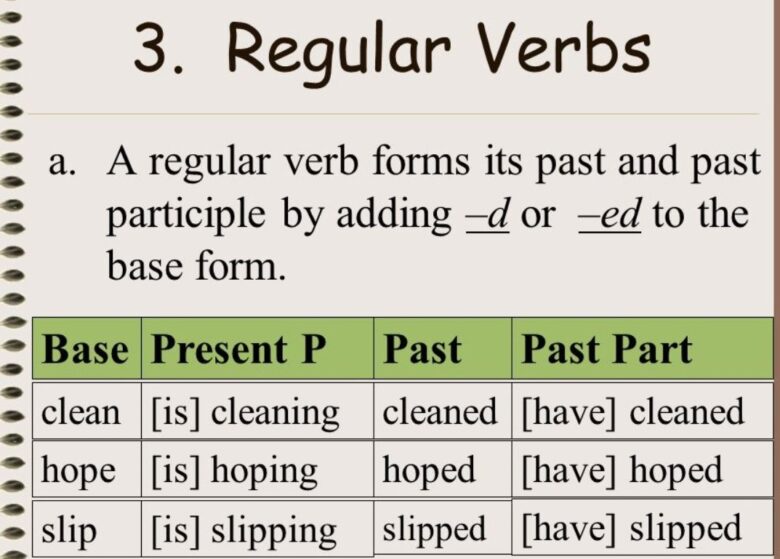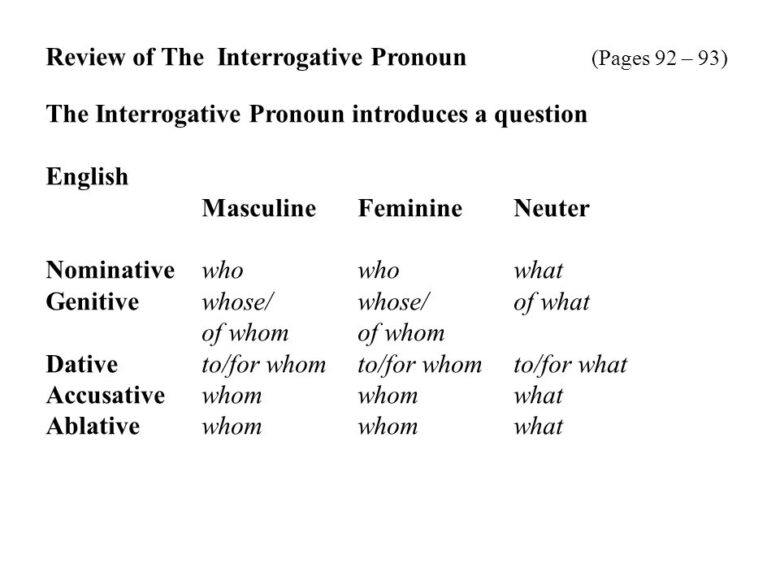
Grammar English: Past Simple
A fundamental course for English learners is the simple past tense. You can begin talking about what they did, the things they observed, and other past events when they are proficient in the simple past.
The verb tense, also known as simple, often called past simple or past indefinite preterite, can signify an action completed at a specific point within the present. The simple present is frequently used for discussing customs used in the past and generalizations.
It is essential to make clear right from the beginning that the simple past is utilized when something begins and ends with the last time is crucial in teaching about history effectively. It is helpful to employ the appropriate time expressions for last: the previous day, week, month, or year. A month, one week, a day, or two years ago.
Past Simple:
Irregular Verb:
Once you know the way this rule works Once you understand the rules, you can apply it to any of the standard verbs as they all adhere to the same guidelines. The practice of simple past tense is relatively easy to remember.
You only need to modify the base form or the infinitive verb by adding the suffix -ed (or -d if it already has one of the letters e).

Example:
• Last week, I flew to Spain.
• At noon, the doctor sent me to go home.
• A few years ago, his poetry won him a medal.
Regular Verb:
• Regular verbs are based on an order or pattern, and irregular verbs like “to be” don’t, so they have to be taught. • While it can be confusing, you must focus on the most important ones to master English.

Example:
• Yesterday, I walked to school.
• I created a painting.
• She smiled.
Affirmative:
The subject + verb form is the order of words in affirmative phrases. The same verbal form is simply past tense for all subjects (except for “to be” – was/were). If a term in a time frame refers to an event that occurred in the past or event, you can use the past. The word “ago” is frequently used to refer to statements that allude to an undetermined period that occurred in the past. The speaker must have made it evident that they are talking about a completed era to utilize the simple past without mentioning a specific time.

Formula:
• Subject + verb + ed + object
Example:
• I spent last summer with my family.
• Last night, they returned home exceptionally late.
• I spent ten years residing overseas.
Negative:
Take out the o from not and then insert an apostrophe to decrease the negative of the third person. Similar to did not > didn’t. Use didn’t (did not) and the verb’s base form to create negative past simple statements. Save the longer documents for when you want to emphasize something (did not).

Formula:
• Subject + did not + infinitive without to + object
Example:
• He did not return home and skipped Christmas with his family.
• Sadly, I didn’t pass the test.
• Yesterday I didn’t see you.
Interrogative:
Start your question by saying Did, then add an object, the basic version of the verb, and only after that the main sentence, if you would like it to be answered by a no or yes. The details of wh-questions are added to the answers. What location, time, what, when, why, who, how many, and how many are commonly used wh-words? A wh-question is constructed by starting with the wh-word and then adding the word did (or didn’t in the case of a negative query) and the subject, the root version of the verb, and then the rest of the sentence.

Formula:
• Did + subject + infinitive without to + object
• Did not + subject + infinitive without to + object
Example:
• Did she play tennis?
• Weren’t you late?
• Did John succeed in scoring a goal?
How Can I Start Learning English Grammar?
If you’re wondering how to start learning English grammar, there are a few things you can do to get started. First, it can be helpful to find a grammar reference book or online resource that you can use as a guide. This can help you understand the basic rules of grammar and start to put them into practice. Additionally, there are a number of online quizzes and exercises that can help you test your knowledge and identify any areas where you need more practice. Finally, watching English-language TV shows or movies can help you get a feel for how grammar is used in everyday conversation. By taking these steps, you’ll be on your way to mastering English grammar in no time.

How can I use grammar to speak English fluently?
There are a few key Grammar rules that you need to master in order to speak English fluently:
1. Subject-Verb Agreement: This is one of the most important grammar rules, and unfortunately, it’s also one of the most difficult for non-native speakers to master. The basic rule is that the subject and verb must agree in number – that means if the subject is singular, the verb must be singular as well, and if the subject is plural, the verb must be plural.
2. Verb Tenses: Another difficult grammar rule, verb tenses indicate when an action is taking place – in the past, present or future. Native speakers use verb tenses instinctively, but for non-native speakers, it can be tricky to remember which tense to use when.
3. Pronouns: Pronouns are words like ‘I’, ‘you’, ‘she’ and ‘they’, which we use instead of repeating the same noun over and over again. For example, instead of saying ‘John went to the store’, we can say ‘He went to the store’. native speakers use pronouns automatically, but for non-native speakers it can be tricky to know when and how to use them correctly. These are just a few of the grammar rules that you need to master in order to speak English fluently. Of course, there are many more rules than this – but if you can master these three, you’ll be well on your way to sounding like a native speaker!
Conclusion:
You can talk about various aspects of your private and professional life by learning about the essential past.
When referring to actions carried out before the present, the Past Simple Tense is utilized. The method used to act is unimportant in the Simple Past. The fact that the action finished in the past is essential.
The simple past tense in English is discussed in this article to provide an initial point. Don’t be anxious if it isn’t a success in the first few minutes. You can use the idea of simple past tense when you have one or two lessons with an English coach.
You can learn language with a native tutor in your country to explore learning further. A tutor who is fluent in the language of your choice is available to assist you should you encounter any difficulties or have questions. Enrolling in 1-on-1 online classes from AmazingTalker is possible to gain a greater understanding. In the end, you’ll soon become a simple tense master.




